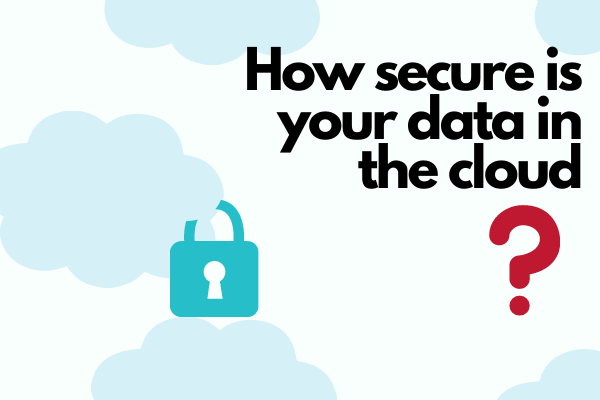2 min read
Right-Sizing Networks for SMBs: Smart Design Without Waste
For small to medium-sized businesses, particularly in biotech, healthcare, and research, funding isn’t always consistent. Grants, third-party...
2 min read
Michael Joseph : Apr 1, 2023 10:00:00 AM
![Physical vs Virtual Firewalls [What You Need to Know]](https://blog.techniumnetworking.com/hubfs/BlogFirewall.png)
What type of firewall do you use at your organization? Firewalls control network traffic and prevent unauthorized access to the information they protect. They can be separated into two categories: Physical and Virtual.
While physical firewalls can work under current standards, virtual firewalls are becoming more acceptable for modern organizations. For example, if you’re migrating to the cloud, or even just thinking about it, virtual firewalls are a great transformational step to get you closer to your goal. The firewall you choose can have a profound impact on your organization, and Technium encourages you to review the available options to select the most suitable one.
Let’s explore some of the differences between physical and virtual firewalls.
Physical firewalls are hardware used to secure network boundaries. They reside in onsite data centers or offices and secure connectivity across that site’s network from internal and external cyber threats.
Compliance
Depending on your organization’s governance, risk management, and compliance, you may be required to use physical firewalls. This can be due to audits that request proof that security boundaries are tangible assets
Perceived Greater Control
Sometimes, traditional physical firewalls give a sense of greater control. After all, being able to see the firewall onsite can offer some peace of mind. Physical firewalls, however, don’t provide a significant boost for control over a network’s security compared to virtual options.
Performance
Physical firewalls secure your organization’s network boundary and help block unauthorized traffic from protected onsite network cables. This allows them to limit paths of failure within the local control to help with performance. The performance of physical firewalls is limited to the capability of the hardware, and while, if sized correctly, can be sufficient and provide scaling, in the event that there is significant growth in the organization's network needs, these represent technical debt.
Virtual firewalls are software applications or services that secure physical and virtual environments. They are utilized for public/ private cloud infrastructure and software-defined wide area networks (SD-WAN). In nearly all ways, they provide the same capabilities and features as physical firewalls.
Remote Access Solution
Virtual firewalls can improve existing remote access solutions by offering closer proximity termination to cloud assets.
Cost-Effective
The software or services running virtual firewalls are often less costly than their physical counterparts due to the nature of the operational expense models. They can easily scale-up or -down with cloud environments as your organization expands. The ability to scale-up or -down is only limited to the term of the agreement, and vendors have created highly flexible pricing models in support of this solution type.
Extensible Security
A virtual firewall can be used for a variety of purposes. The security can be extended to securing data centers, cloud assets, and even multi-cloud pathways like The Fabric. Due to the extensibility of the virtual model, it is also possible with these devices to create more purpose-built and focused solutions, such as low-cost remote access and cloud-integrated access.

2 min read
For small to medium-sized businesses, particularly in biotech, healthcare, and research, funding isn’t always consistent. Grants, third-party...

Achieving a true zero-trust Network is not easy, but the market would like you to believe that it is.

Public cloud providers are fantastic solutions for replacing servers, storage, and data centers. They allow for rapid scale-up and...